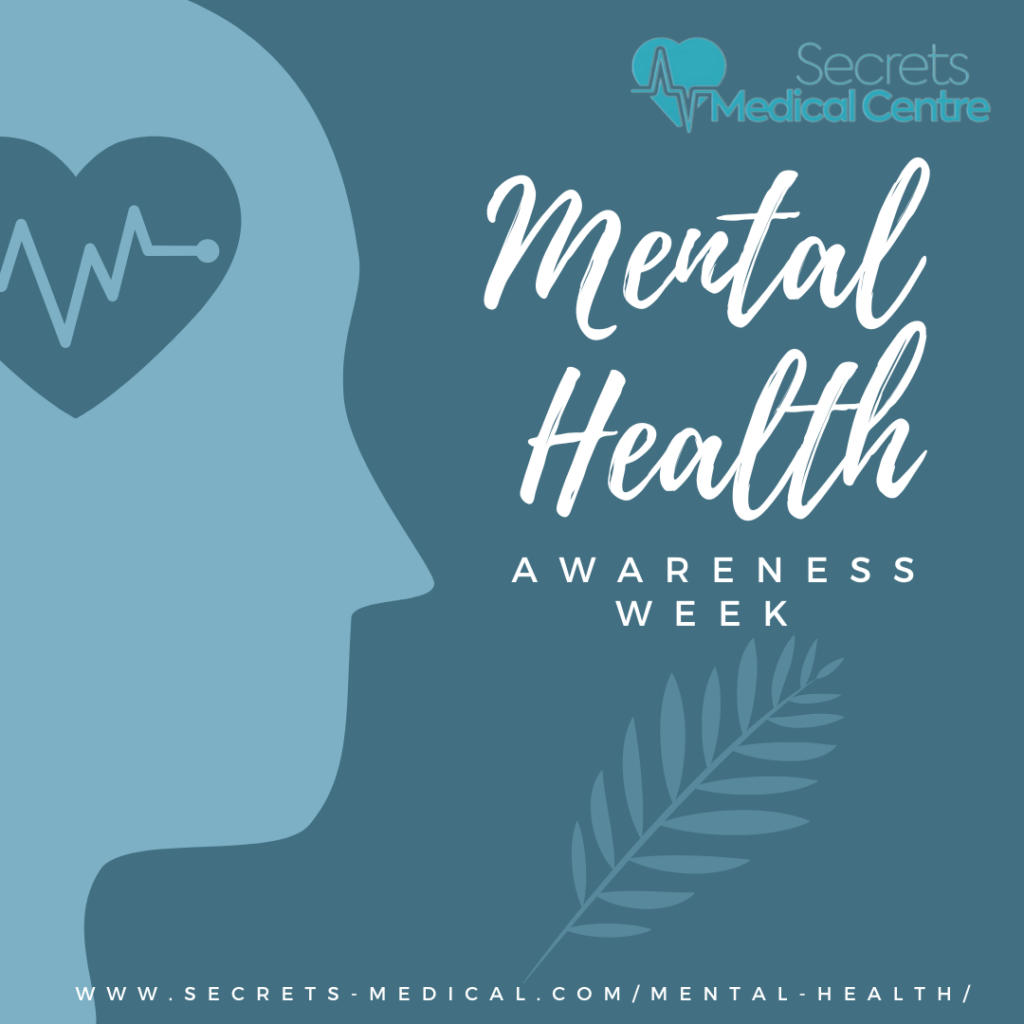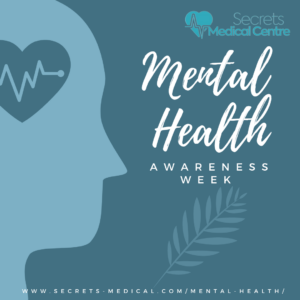 The Importance of Mental Health and How to Find Support
The Importance of Mental Health and How to Find Support
Mental health is a critical component of our overall well-being, influencing how we think, feel, and interact with others. It encompasses our emotional, psychological, and social well-being, affecting every aspect of our lives. Despite its importance, mental health is often overlooked and stigmatized, preventing many from seeking the help they need. Understanding the significance of mental health and knowing how to access support can lead to healthier, more fulfilling lives.
Why Mental Health Matters
1. Impact on Physical Health: Poor mental health can take a toll on physical health, contributing to conditions like heart disease, diabetes, and chronic pain. Stress, anxiety, and depression can weaken the immune system, making it harder to fight off illnesses.
2. Quality of Life: Mental health affects our ability to enjoy life and maintain productive relationships. When mental health is compromised, it can lead to isolation, reduced productivity, and a diminished sense of purpose.
3. Emotional Resilience: Good mental health equips us with the resilience to cope with life’s challenges and setbacks. It allows us to manage stress, make sound decisions, and recover from adversity more effectively.
Ways to Get Help and Support
1. Professional Help:
– Therapists and Counselors: Seeking help from licensed mental health professionals, such as therapists and counselors, can provide tailored support and coping strategies for managing mental health issues.
– Psychiatrists: For those needing medication or more intensive treatment, psychiatrists can diagnose and treat mental health conditions through medical intervention.
2. Support Groups:
– Joining support groups can offer a sense of community and understanding. Sharing experiences with others facing similar challenges can provide comfort and practical advice.
3. Hotlines and Online Resources:
– Many organizations offer 24/7 hotlines and online chat services for immediate support. Resources like the National Suicide Prevention Lifeline and Crisis Text Line provide confidential help and can guide individuals to appropriate services.
4. Self-Care Practices:
– Exercise: Regular physical activity releases endorphins, improving mood and reducing stress.
– Healthy Diet: Eating a balanced diet rich in nutrients supports brain health and can improve mood.
– Sleep- Prioritizing good sleep hygiene helps regulate mood and cognitive function.
– Mindfulness and Relaxation: Practices such as meditation, yoga, and deep breathing exercises can reduce stress and promote emotional stability.
5. Social Connections:
– Maintaining strong relationships with family, friends, and community members provides emotional support and can alleviate feelings of isolation and loneliness.
6. Educational Resources:
– Books, podcasts, and online courses about mental health can provide valuable insights and strategies for managing mental health challenges.
Breaking the Stigma
It’s essential to break the stigma associated with mental health to encourage more people to seek help. Open conversations about mental health can normalize it and create a more supportive environment. Remember, seeking help is a sign of strength, not weakness.
Taking steps to prioritize mental health can lead to a happier, healthier life. Whether through professional help, support groups, or self-care practices, there are numerous ways to get the support needed to maintain mental well-being. Reach out, stay connected, and remember that help is always available.


 The Importance of Mental Health and How to Find Support
The Importance of Mental Health and How to Find Support
Hola,
He visto tu empresa Dentalcaresouthport y es perfecta para realizar una entrevista y aparecer en periódicos digitales (Tanto puede aparecer el directivo como solo la empresa).
La noticia publicada en los periódicos tendrá un enlace para que el lector pueda ver tu página (No es un anuncio)
Me interesaba explicarte esta propuesta, porque es la forma más efectiva para el posicionamiento seo y para fortalecer tu reputación de marca. Tus clientes te buscarán y verán que Dentalcaresouthport es relevante y por lo tanto generará confianza.
Podrás compartir las noticias en tus redes sociales y web, dando así la máxima confianza.
Solo tenemos espacio para 10 entrevistas, por lo que si te interesa, necesito que me envíes tu número de móvil para contactar contigo directamente (Es necesario para ver si podemos encajar la noticia)
Un saludo
I really like your post. Thanks for sharing this with us.
Informative article Sam, thank you. I always recommend that reclaiming unspent lunch hours is important for overall mental health; Especially if you can consume something positive or inspiring from a book to clear your headspace.
Dentalcaresouthport propuesta.
Hemos visto tu negocio y creemos que tiene mucho potencial.
Publicaremos tu empresa en más de 60 periódicos digitales de alta autoridad, lo que mejorará tu reputación, y posicionará tu web en las primeras posiciones de Internet. Así, cuando los clientes busquen información sobre ti, verán que tu empresa es conocida y confiarán más en ella.
Además, queremos ofrecerte dos meses gratuitos para que pruebes el impacto sin compromiso.
¿Podrías facilitarme un número de teléfono para comentarte los detalles?
Quedo pendiente de tu respuesta.
PD: Si prefieres no recibir más información, responde con “No estoy interesado” y no volveremos a contactarte.
Propuesta para Secrets Medical.
Hola, es un placer saludarte.
Te escribo porque sería interesante comentar contigo la opción de que Secrets Medical posicione en los primeros lugares de internet y que aparezca cada mes como noticia en cientos de periódicos digitales, con artículos reales dentro del periódico que no se marcan como publicidad y que no se borran.
Estas noticias se publicarán en más de cuarenta periódicos de gran autoridad para mejorar el posicionamiento de tu web y la reputación.
¿Podrías facilitarme un teléfono para aplicarte un mes gratuito?
Muchas gracias.